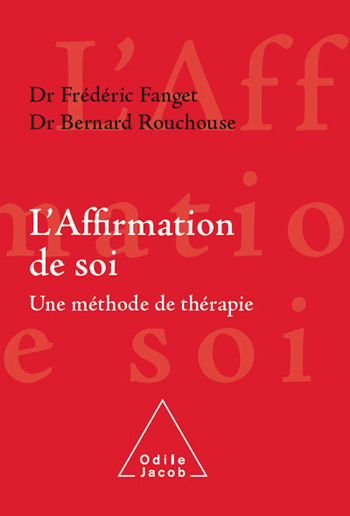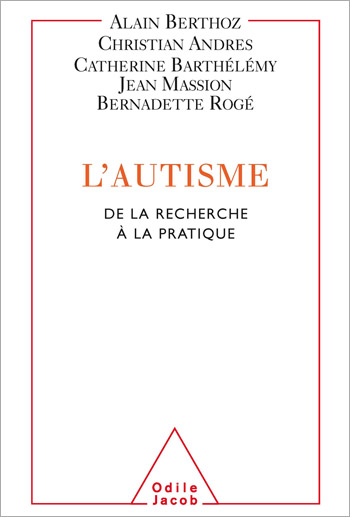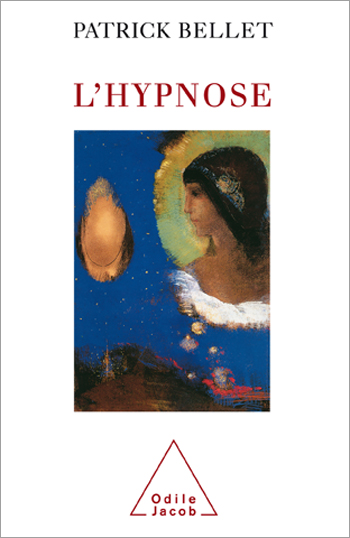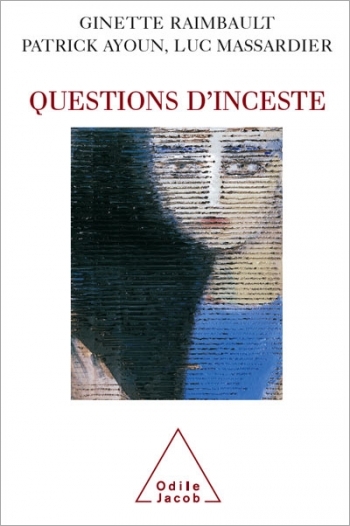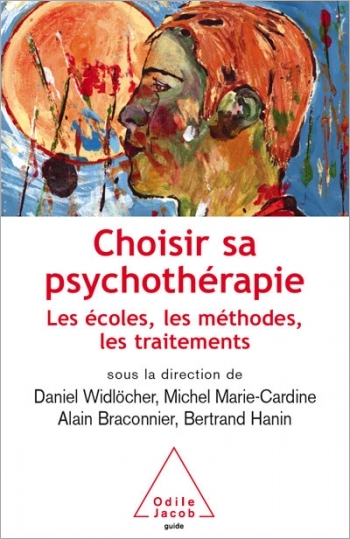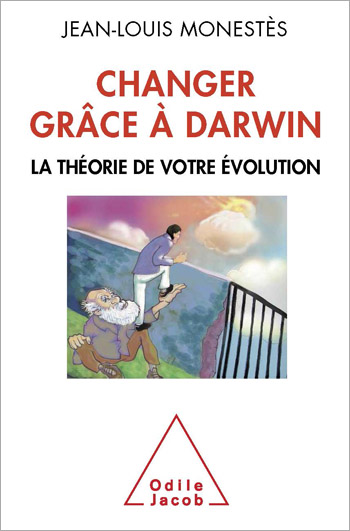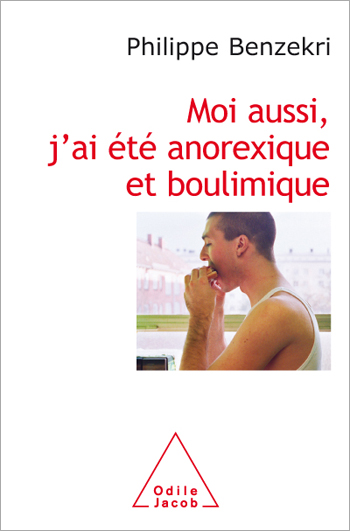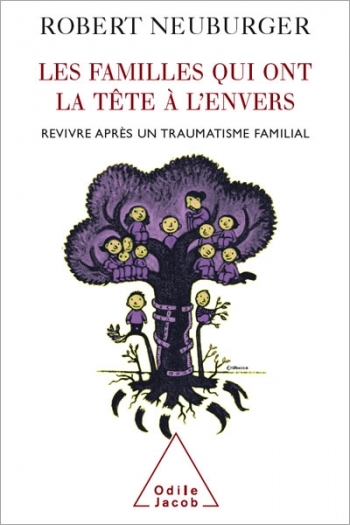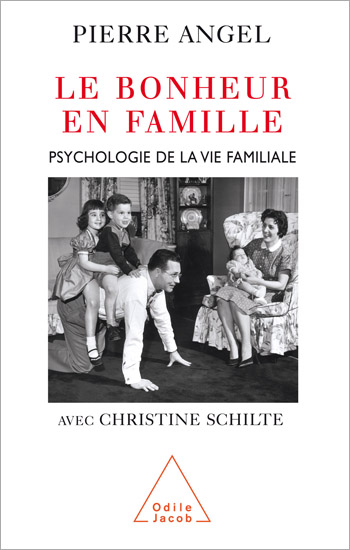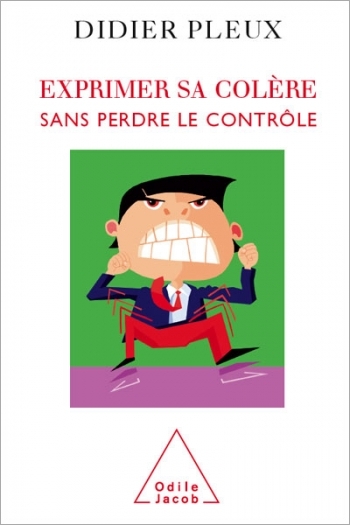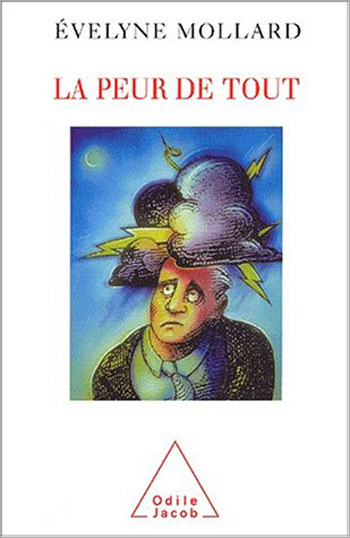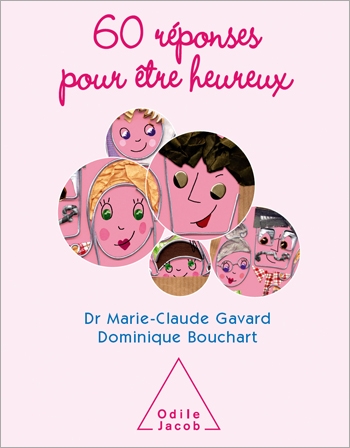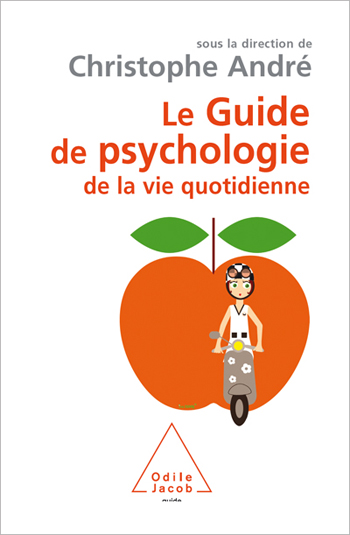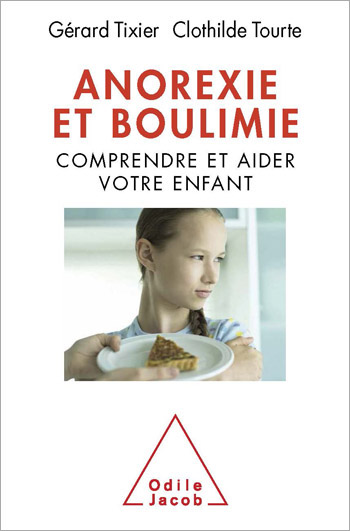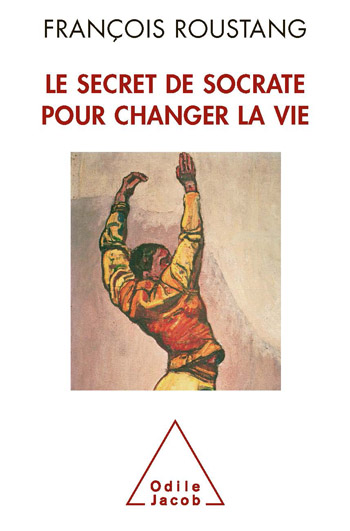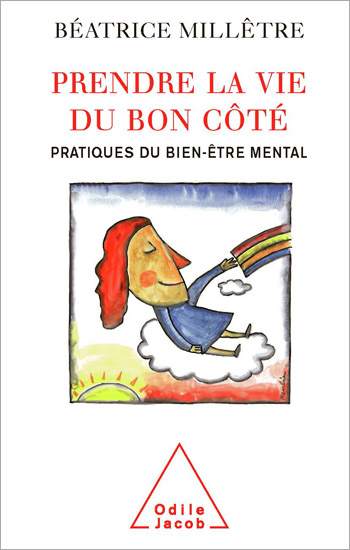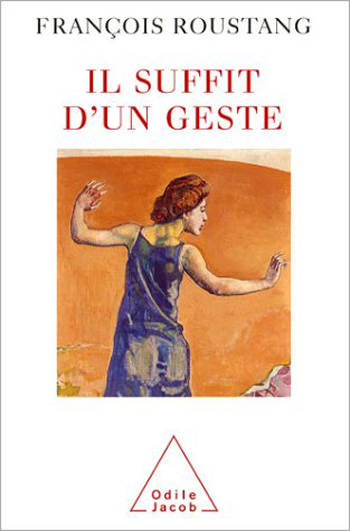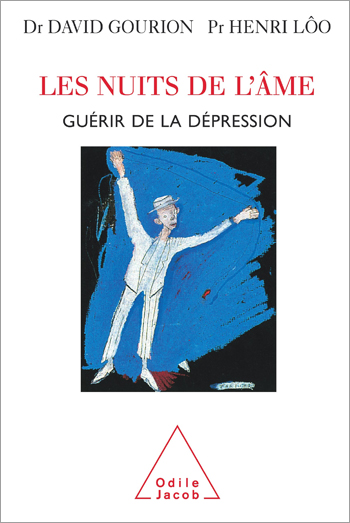Psychotherapy All books
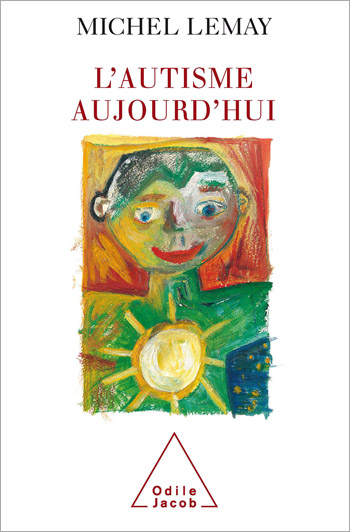
Michel Lemay
Autism Today
What do we know about autism today ? How can it be treated ? What is the cause ? In this book, the author offers a clear appraisal of the contributions and failures of various disciplines (psychoanalysis, neurobiology, genetics, chemical and drug treatment, and behavioural and cognitive therapies), and makes a case for a multidisciplary type of medicine. It offers both parents and professionals a great source of strength with which to fight against autism. Michel Lemay is a psychiatrist and professor of child and adolescent psychiatry. A world-renowned specialist in autism, he is the director of the clinic on autism and invasive development disorders at the Hôpital Sainte-Justine in Montreal.
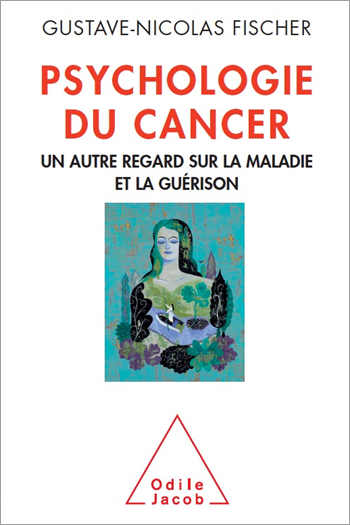
Gustave-Nicolas Fischer
The Psychology of Cancer A New Approach
Finally, a unique, rigorous analysis of the links between cancer and the psyche
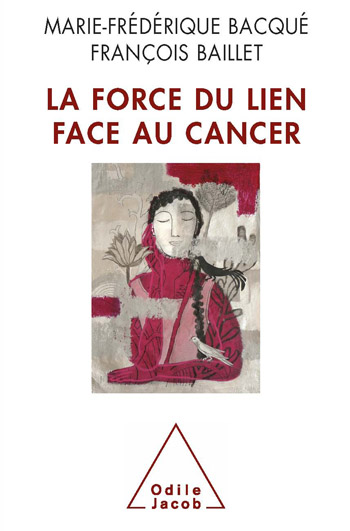
Marie-Frédérique Bacqué, François Baillet
Coping With Cancer
This book will help readers understand cancer's dual physical and psychological impact.
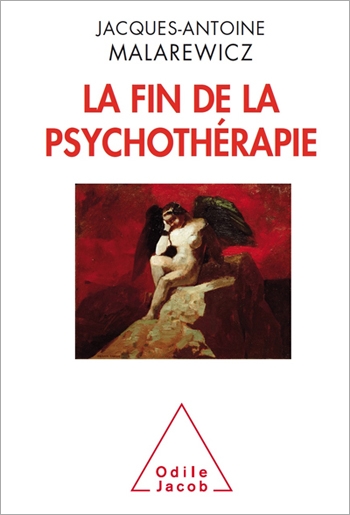
Jacques-Antoine Malarewicz
The End of Psychotherapy
Psychotherapy is becoming extinct. This book warns us of a process that threatens society.
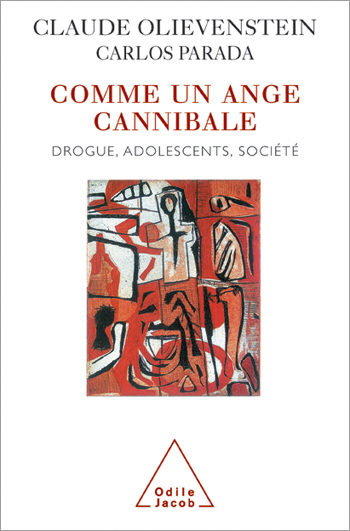
Claude Olievenstein, Carlos Parada
Like A Cannibalistic Angel Drugs, Adolescents and Society
Does it make sense to place hallucinogens and hard drugs in the same category and to regard them all as addictive? Should tobacco and alcohol be put on the same plane as heroin, cocaine and crack ? With the assistance of Carlos Parada, his collaborator at the Centre Médical de Marmottan, Claude Olievenstein offers the reader his latest thoughts and ideas on the highly distinctive world of substance abusers, which is characterised by pleasure, withdrawal, the need for warmth and haste and, above all, by instability and chaos. Claude Olievenstein is the head doctor at the Centre Médical de Marmottan, in Paris, and a senior research fellow at the University of Lyon-II. Carlos Parada, a physician specialising in drug addiction, works at the Centre Médical de Marmottan.
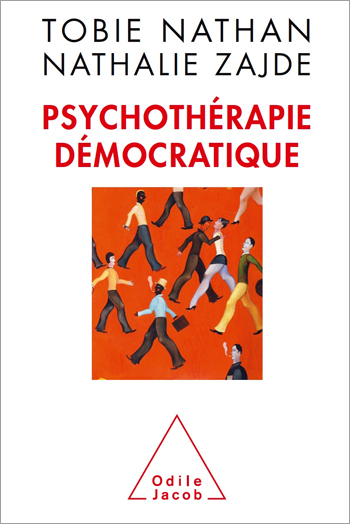
Tobie Nathan, Nathalie Zajde
Democratic Psychotherapy
Psychotherapy is gripped by an intense paradox. It is being attacked (apparently justifiably) on all sides....
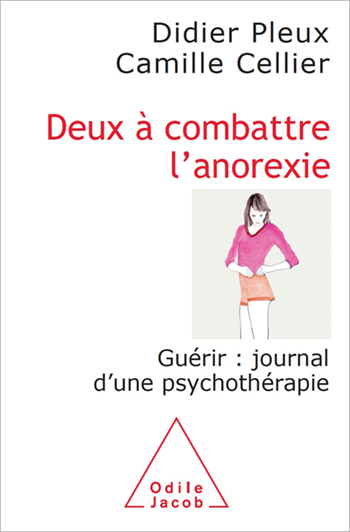
Didier Pleux, Camille Cellier
We're both fighting A Diary of Anorexia
How can anorexia be overcome? A young anorexic reveals the diary of her therapy and cure
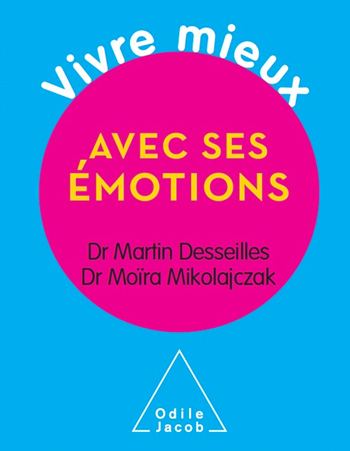
Martin Desseilles, Moïra Mikolajczak
Living better With Your Emotions
Learning to master your emotions will make you stronger to overcome life’s difficulties
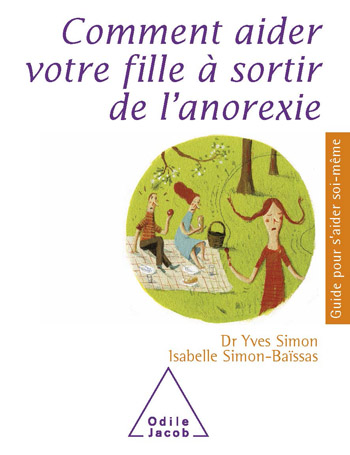
Yves Simon, Isabelle Simon-Baïssas
How to Help Your Anorexic Child
Is your teenage daughter anxious about her weight? Is she losing weight? Are you worried? Why is her behaviour so destructive? Why does her personality seem changed? Is she anorexic?
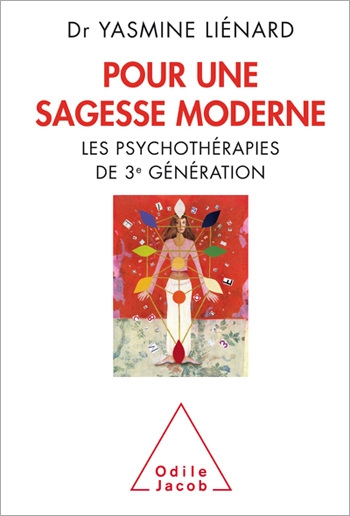
Yasmine Liénard
In Support of a New Wisdom Third Generation Psychotherapies
Using meditation and mindfulness to adapt to our changing society

